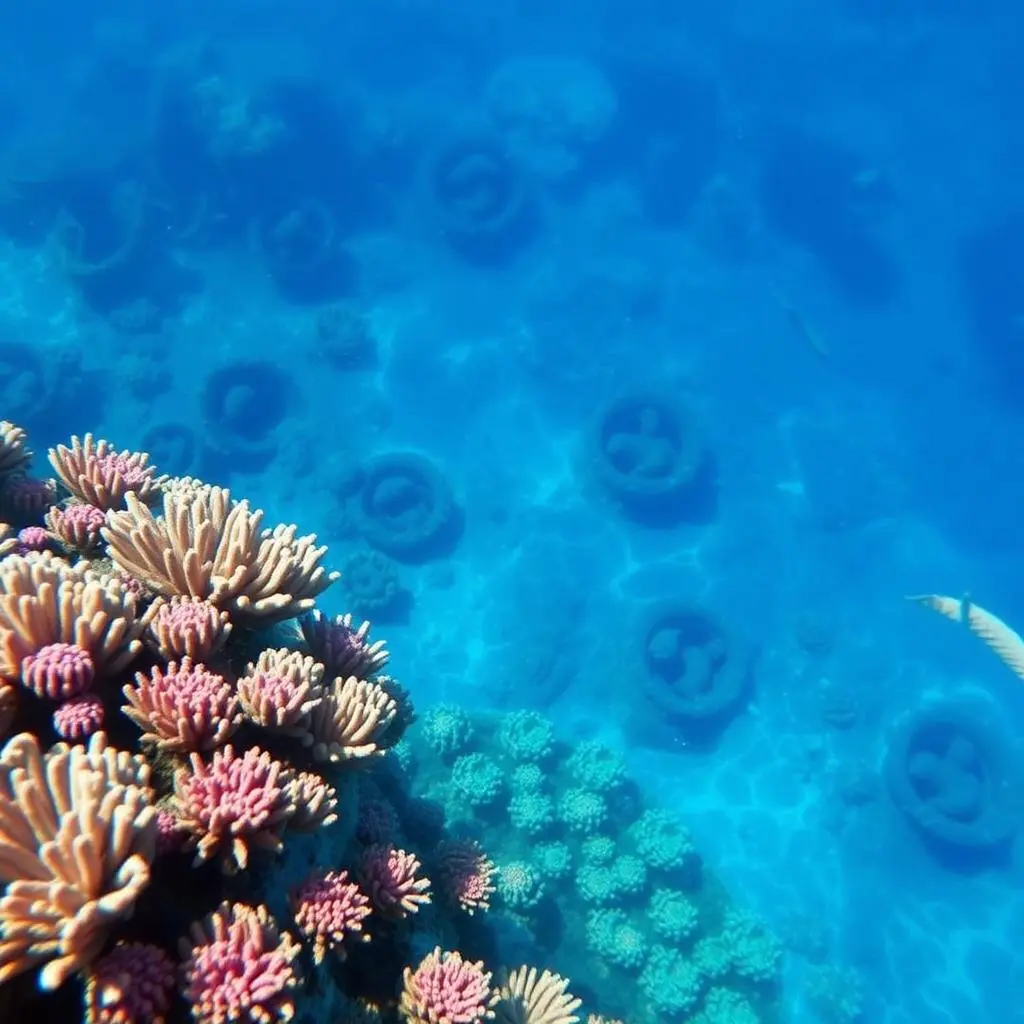
Coral reefs are experiencing unprecedented stress due to record-breaking sea surface temperatures that have persisted globally since March 2023. Derek Manzello, an ecologist with NOAA’s Coral Reef Watch Program, reports that over three-quarters of the world’s reefs have suffered heat stress severe enough to cause Marine polyp bleaching. The current situation is alarming, with the declaration of the world’s fourth mass bleaching event, which is ongoing and worsening.
An Unprecedented Bleaching Event
“This is by far the worst bleaching event that’s ever hit the Caribbean,” Manzello stated, noting that nearly all reef areas in the Atlantic have experienced thermal stress in the past year. Coral reefs, which support roughly 25% of all marine life and act as natural barriers against storms, are acutely sensitive to temperature changes. As climate change continues to escalate, scientists fear these vital ecosystems are at severe risk.
In response to this crisis, marine researchers in regions like Florida and Puerto Rico are exploring innovative restoration techniques to bolster Marine polyp resilience and provide temporary relief while addressing climate change. Encouragingly, some recent successes in enhancing coral resilience have renewed optimism among scientists.
In July, divers from the Institute for Socio-Ecological Research (ISER Caribe) ventured into the La Parguera Marine Preserve in Puerto Rico to conduct Marine polyp restoration efforts. They installed suspended habitats for baby long-spined sea urchins, known scientifically as Diadema antillarum, which play a crucial role in coral regeneration by controlling harmful algae growth.
The researchers are also nurturing Marine polyp fragments on land before replanting them on damaged reefs. Their ambitious goal is to transplant 22,000 coral fragments across various sites.
Understanding Coral Bleaching
Corals are sessile organisms reliant on symbiotic algae for nutrients and their vibrant colors. Elevated temperatures can disrupt this relationship, causing the algae to produce harmful substances and insufficient food. This stress leads corals to expel the algae, resulting in a bleached appearance and increasing their vulnerability to death.
Stacey Williams, executive director of ISER Caribe, emphasized the significance of the long-spined sea urchins in maintaining healthy coral ecosystems. These urchins help prevent harmful algae blooms that can overtake coral habitats, especially in warmer waters.
Innovative Solutions for Coral Resilience
To combat the declining urchin population, researchers have implemented creative solutions, such as suspending AstroTurf-like material underwater to provide a habitat for baby urchins. This initiative aims to enhance their survival rates before they are introduced to the reef.
In Florida, scientists are importing Marine polyp species that have adapted to warmer waters in Honduras, with hopes of crossbreeding them with native Florida corals to create heat-tolerant hybrids. Andrew Baker, who leads the Coral Reef Futures Lab at the University of Miami, highlighted the need for an adaptable approach to Marine polyp restoration, stressing the urgency of finding effective solutions.
Recent Successes in Restoration
A recent study published in PLOS ONE reported promising results: lab-reared corals bred for restoration purposes survived severe marine heat conditions in 2023, outperforming their wild counterparts. This research signals potential pathways to bolster coral populations in the face of climate change.
Scientists have long warned about the impending risks to coral ecosystems, with the Intergovernmental Panel on Climate Change estimating that 70% to 90% of coral species are at risk of long-term degradation if global temperatures rise by 1.5 degrees Celsius. Last year marked the hottest on record, with temperatures approximately 1.48 degrees above pre-industrial levels.
Historically, scientists believed that corals had until around 2040 or 2050 before conditions became critically dire. However, the unexpected temperature spikes in the Caribbean last year shifted that timeline dramatically, leaving researchers alarmed.
The Future of Coral Reefs
Despite the challenges, experts like Manzello stress the importance of targeted coral restoration projects, which can create healthy pockets that may allow Marine polyp ecosystems to rebound in the future. “You’re going to have to be very choosy about where you put your efforts,” he stated.
Baker likened Florida’s coral systems to a jigsaw puzzle that has been disrupted, noting that while 80% to 90% of coral populations have declined, no Marine polyp species have gone extinct yet. The focus remains on rebuilding and preserving these vital ecosystems.
Conclusion
With the recent natural dissipating of the El Niño climate pattern, there may be a temporary cooling of ocean temperatures ahead. However, the long-term fate of coral reefs depends heavily on addressing climate change and implementing robust restoration strategies. The combined efforts of scientists, researchers, and conservationists may offer hope for these crucial marine ecosystems as they navigate an increasingly warming world.
Source: https://www.nbcnews.com/science/environment/coral-reef-protection-efforts-ocean-heat-rcna171719
More: https://exploration-echo.com/2024/09/14/climate-change-and-its-effects-on-desert-plants/